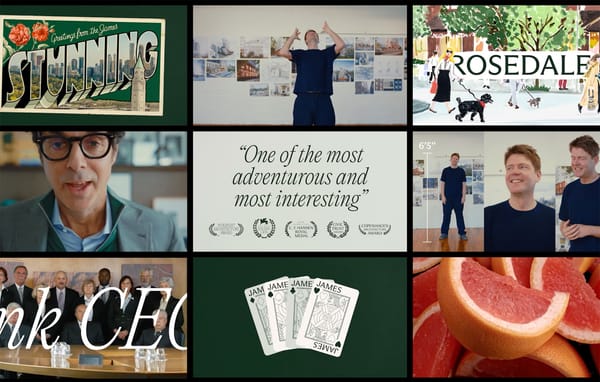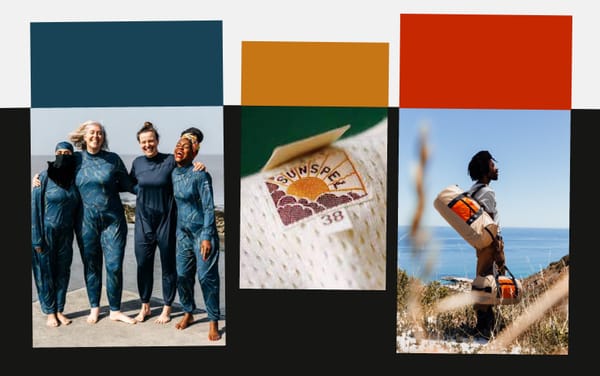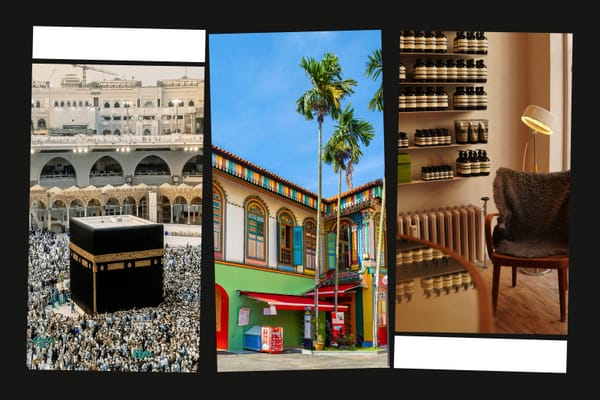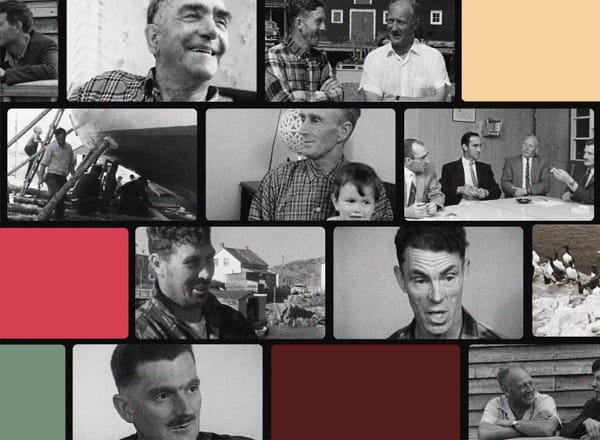New Regime
Model-turned-entrepreneur Roger Dupé on diversity in the beauty industry, his West African roots, and the challenges of sustainable packaging
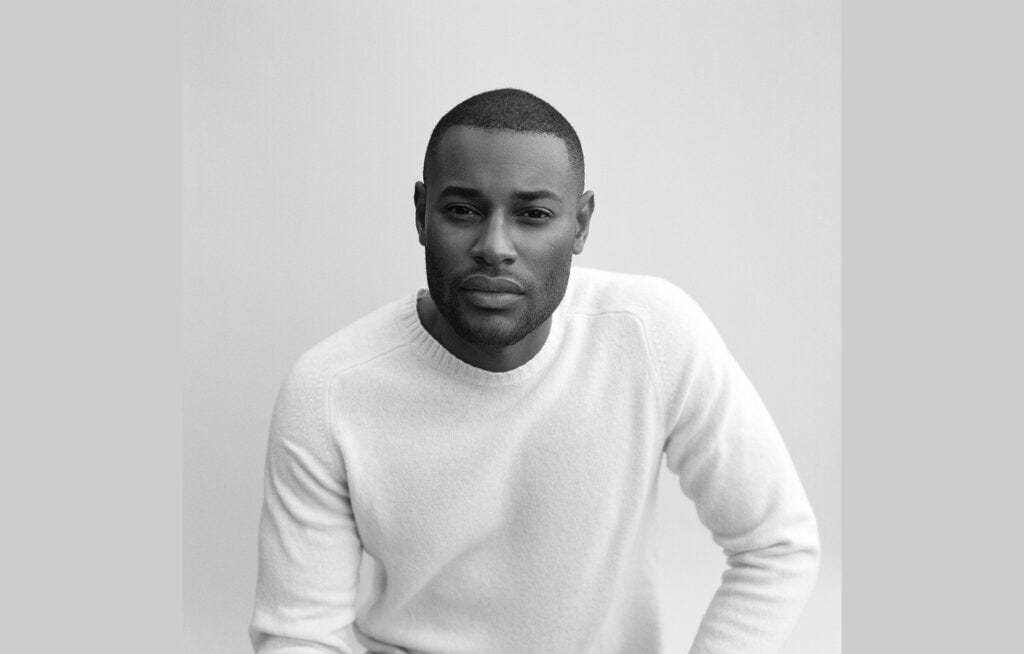
In 2020, model-turned-entrepreneur Roger Dupé launched Melyon, a skincare company focusing on conditions commonly found among darker skin tones while still being suitable for most skin types. Here he speaks about diversity in the beauty industry, how his West African roots inform Melyon’s products, and the challenges of sustainable packaging. –Brian Sholis
Frontier: It seems to be the case that models are increasingly branching out into other ventures. Can you talk about which people or what projects inspired you to start Melyon?
Roger Dupé: I got into modeling by accident; I was scouted. The journey has required hard work, so much so that the fashion world can seem like a big bubble when you’re inside it. But it’s a bubble that can pop. I’ve been successful for more than a decade, but at the end of the day it’s always someone else who is choosing you for work. In that way you cannot control your future: it’s about timing, about what vision a given brand has, about what is trendy.
But modeling has also reminded me how much I’m a creative person and how much I want to leave a positive legacy. You get a really wide network when you model. You meet the kinds of people others are dying to meet: buyers, designers, creative directors, photographers. I’ve always chatted with them, asked for guidance, and learned what I could.
I shared an agency in New York with Armando Cabral. Like me, he always wanted to have something on the side. We spoke about doing something more, something different; He told me that you don’t want to be dependent solely on agents. I’ve always been entrepreneurial, but his success and our conversations gave me the encouragement to go out on my own.
Frontier: Your professional experience was layered on top of a childhood and family life that shaped how you chose skincare as your venture. You’ve spoken before about your mother’s belief in skincare as “a form of self-love” and “an affordable status symbol.”
RD: My mother is very interested in hair and skin care. Whenever I traveled, my mother asked me to buy this or that product. I was young and thought this was annoying, but then one day it struck me. I asked, “There are huge department stores in Sweden. Why can’t you find what you need there?” She said, “Those things aren’t suitable for my hair and skin type.” So I began to do my research—and to connect with this part of my West African heritage.
That moment of your parents taking care of you—my mother braiding my sister’s hair or moisturizing my skin, my father cutting my hair—was an expression of love that I recognized as important only later in my life. I wanted to reconnect with that feeling, of love and self-love, that made me proud of my Black skin.
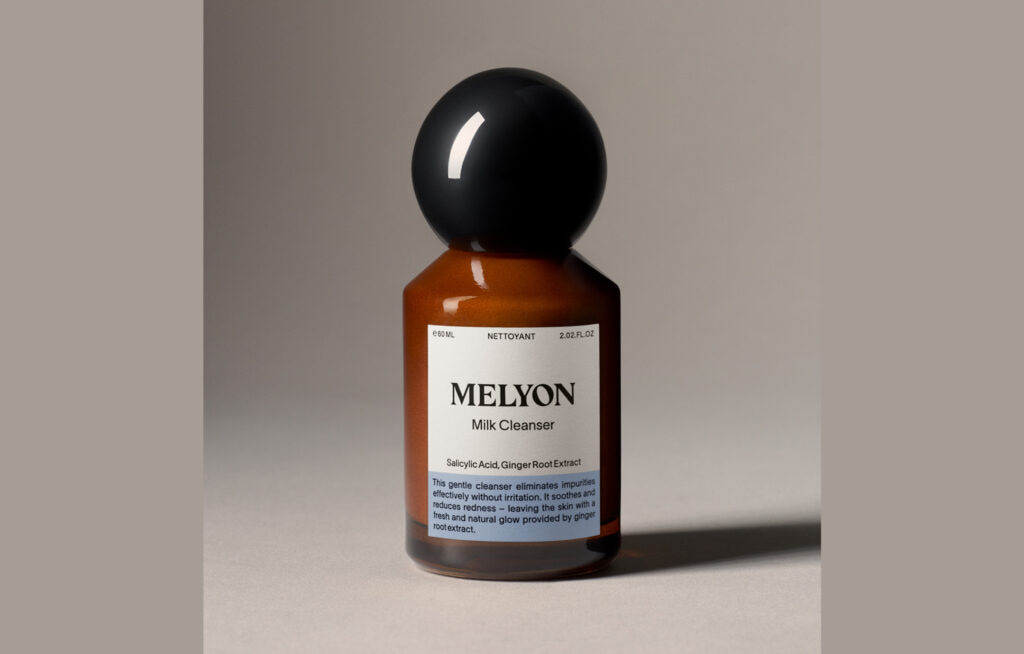
My mother also gave me confidence, helping me to believe that it doesn’t matter whether you have trendy clothes. If you look sharp and take care of yourself, people can see that—and they won’t care about what brands you wear. I have taken that belief with me through the world.
So as I looked around at the fashion industry, I couldn’t understand why people who looked like me were not well represented, nor could I understand why there were so few companies whose products reflect the society we’re living in. I wanted to change that, to lift up people with darker skin, a minority (in Sweden) that is actually a global majority, and to help others understand that beauty should speak to everyone. So the company I started is not just about the products, it’s about taking care of yourself, about wellness.
Frontier: Given the company’s emphasis not only on caring for yourself, but also the planet, can you talk about one of the biggest challenges you faced in starting up the company?
RD: There were so many details in the packaging-design process that I could not have predicted. We started with glass bottles because we don’t want to be reliant on plastic. So we had to create molds for them. Then we had to figure out how best to reduce plastic from the cap, from the pump. There are so many small components, which are hard to make 100% recyclable. Every choice we’ve made comes from trying to do our best as a small company. It definitely took time to merge my design vision with material realities.
A lot of potential factory partners said, “Just go with plastic. It’s what everybody does.” But I didn’t want to do that. I’m thinking about the future.
The beauty industry feels like it’s behind the times. Progress, especially the progress we’ve seen since summer 2020, needs to be nurtured. We need to keep speaking about diversity, inclusion, sustainability, sexuality.
Frontier: Can you talk about how this attitude extends to your relationships with your suppliers and craftspeople in West Africa and France?
RD: It’s important to understand the entire supply chain, to know which people our company is working with. My family is from Ghana and Togo, and I know enough about history to know that the majority of the entrepreneurs in this industry are women who do not receive credit for their labor. We want to lift up the women who produce the shea butter, Baobab oil, and Moringa oil we use. We also want to showcase how they’ve been using such products for generations. Eventually, we hope to open a factory there and help our suppliers in different ways. It’s challenging as a small company, but we want our success to be their success, too.
Frontier: You’ve said that fashion is moving faster than beauty when it comes to diversity. Can you elaborate upon that?
RD: Fashion is all about trends, and it necessarily moves quickly; platforms like Instagram have sped that up even more. People are now using social media to share their beauty, their own sources of inspiration, their own creations. Doing so creates a more transparent, a more comprehensive, view of fashion. The beauty industry is dominated by the same kinds of people that have historically dominated it. It feels like it’s behind the times. Progress, especially the progress we’ve seen since summer 2020, needs to be nurtured. We need to keep speaking about diversity, inclusion, sustainability, sexuality. We need to use our platforms for good.
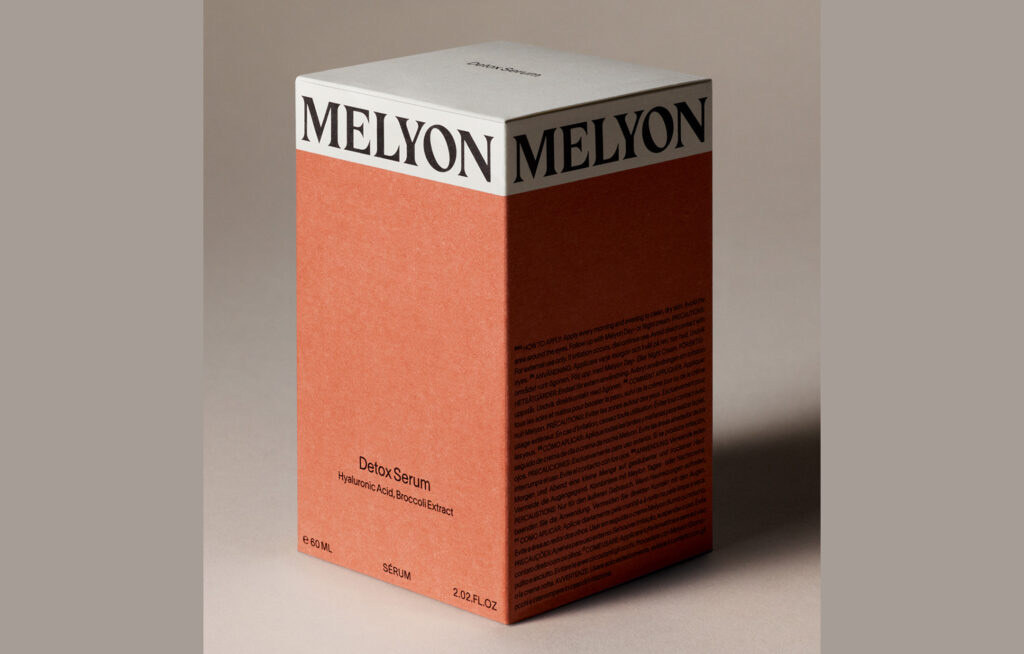
Frontier: Demographic trends are also altering Sweden, where you live and where your company is based. Today the number of Swedes the government census describes as having a “foreign background” now totals 25%, a number that’s higher still in its largest cities.
RD: It’s a fascinating topic. I’m Black; I’m from Sweden. During my years as a model, people have tended to not believe me when I tell them I’m from Sweden. Perceptions are slowly changing. Though immigrants have been here for a long time, it’s only recently that immigrants have begun to claim positions of power—whether in government, the media, or other prominent places. When I think about England, France, or America, I think of both Black and white people. I want others to do the same when they think of Sweden. That will take having conversations that are sometimes uncomfortable. But if we never speak of them, how will we be able to understand each other? I’m not a politician, but I was born here and have watched the changes in society. I believe they’re for the better. I want Melyon to contribute to the kind of society where we think about the human rather than about color. That’s the society I want my nephews to inherit.


